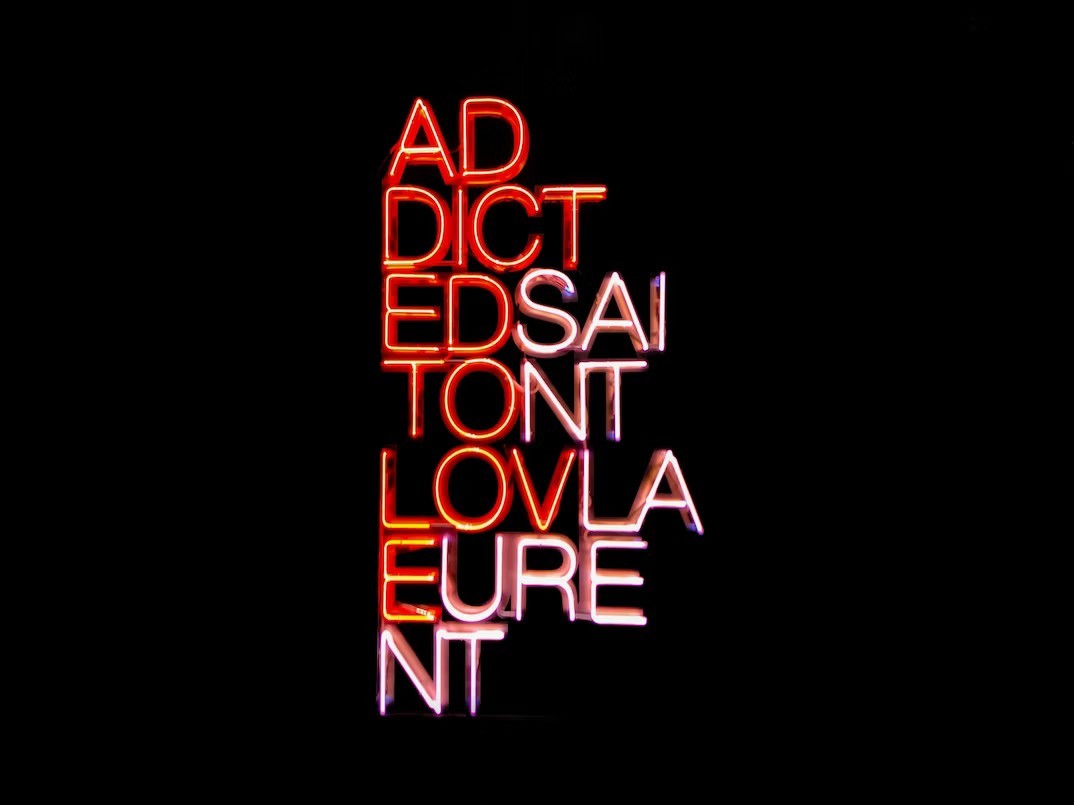
Therapy In Prescription Drug Addiction Recovery
If you’re on the path to prescription drug addiction recovery, therapy can play a crucial role in your journey. As someone who has experienced the transformative power of talk therapy, I can attest to its profound impact on healing and growth. Through my personal insights, I want to shed light on the benefits of therapy in the context of prescription drug addiction recovery, particularly in the South African setting.
Therapy offers a safe and supportive space for you to explore the underlying emotional and psychological factors contributing to your addiction. In the 12 step philosophy, it is believed that healing begins by honestly examining ourselves and sharing our experiences with others who understand. Talk therapy embodies this philosophy by encouraging you to open up about your struggles, fears, and aspirations.
One of the fundamental concepts of evidence-based therapy that resonates deeply with prescription drug addiction recovery is Cognitive Behavioral Therapy (CBT). CBT helps you recognize negative thought patterns and behaviors associated with addiction and equips you with coping strategies to challenge and replace these patterns with healthier alternatives. This shift in mindset empowers you to make positive changes in your life and sustain long-term recovery.
Another valuable aspect of therapy is addressing co-occurring mental health issues, such as anxiety or depression, which often coexist with addiction. South Africa faces a significant burden of mental health challenges, making therapy an essential component of holistic treatment. By addressing these underlying conditions, therapy enhances your ability to cope with stress and triggers, reducing the risk of relapse.
Furthermore, talk therapy fosters a sense of connection and belonging through group therapy sessions, mirroring the supportive nature of 12 step meetings. Sharing experiences and insights with peers who have faced similar challenges creates a community of understanding and compassion, encouraging each other on the path to recovery.
Exploring Recent Advances
In recent years, the field of addiction recovery has witnessed significant advancements in the role of therapy for prescription drug addiction. As you seek support on your path to recovery, it’s essential to stay informed about these latest developments that can enhance the effectiveness of therapy in your journey.
Personalized Treatment Plans: The approach to therapy in prescription drug addiction recovery has become more tailored to individual needs. Therapists now take into account your specific drug of addiction, underlying mental health conditions, and personal history to design personalized treatment plans. This personalized approach ensures that you receive the most relevant and effective therapy for your unique circumstances.
Integration of Technology: The integration of technology in therapy has revolutionized addiction recovery. Teletherapy and online support groups have become more accessible, especially during times when in-person meetings might be challenging. These virtual platforms provide convenient access to therapy sessions and foster a sense of connection with peers, even from the comfort of your home.
Holistic Approaches: Therapists are increasingly adopting holistic approaches in prescription drug addiction recovery. Alongside traditional talk therapy, you may find therapies such as mindfulness, yoga, art therapy, and equine-assisted therapy incorporated into your treatment plan. These holistic practices address not only the mental and emotional aspects of addiction but also promote overall well-being and healing.
Dual Diagnosis Treatment: Recognizing the high prevalence of co-occurring mental health disorders in addiction, therapists are now prioritizing dual diagnosis treatment. Addressing both addiction and mental health conditions simultaneously ensures comprehensive care and better long-term outcomes.
Peer Support and Community Involvement: Therapy is now placing more emphasis on creating supportive communities and involving peers in the recovery process. Support groups and community-based initiatives allow you to share experiences, provide encouragement, and receive invaluable insights from others on a similar path.
A Cautionary Note
As you continue your path towards prescription drug addiction recovery, it is crucial to approach the role of therapy with a sense of caution and discernment. While therapy can be highly beneficial in your journey, it is essential to be mindful of certain factors to ensure its effectiveness.
Seek Professional Guidance: Therapy can be a powerful tool, but it is essential to seek the guidance of qualified and experienced therapists who specialize in addiction recovery. Working with professionals ensures that you receive evidence-based treatments tailored to your unique needs, increasing the likelihood of successful outcomes.
Stay Committed and Patient: The road to recovery may be challenging, and therapy is not a quick fix. It requires dedication, patience, and a willingness to face uncomfortable emotions. Be gentle with yourself and allow the therapeutic process to unfold at its own pace, trusting that healing takes time.
Be Open to Vulnerability: Effective therapy often involves delving into deep-seated emotions and experiences. It is normal to feel vulnerable during this process, but embracing this vulnerability can lead to significant breakthroughs and growth in your recovery journey.
Avoid Self-Isolation: While therapy can be a vital source of support, it is essential not to rely solely on it. Engaging with supportive communities, such as peer support groups or 12-step programs, can provide additional encouragement and understanding throughout your recovery.
Address Underlying Issues: Prescription drug addiction is often linked to underlying emotional or psychological issues. Embrace therapy as an opportunity to explore and address these root causes, as healing these aspects of yourself can contribute to long-lasting recovery.
In the pursuit of prescription drug addiction recovery, therapy serves as a valuable resource, offering insights, tools, and support to navigate the challenges you may encounter. By approaching therapy with caution and a willingness to invest in your well-being, you can harness its potential to transform your life and pave the way for lasting recovery.